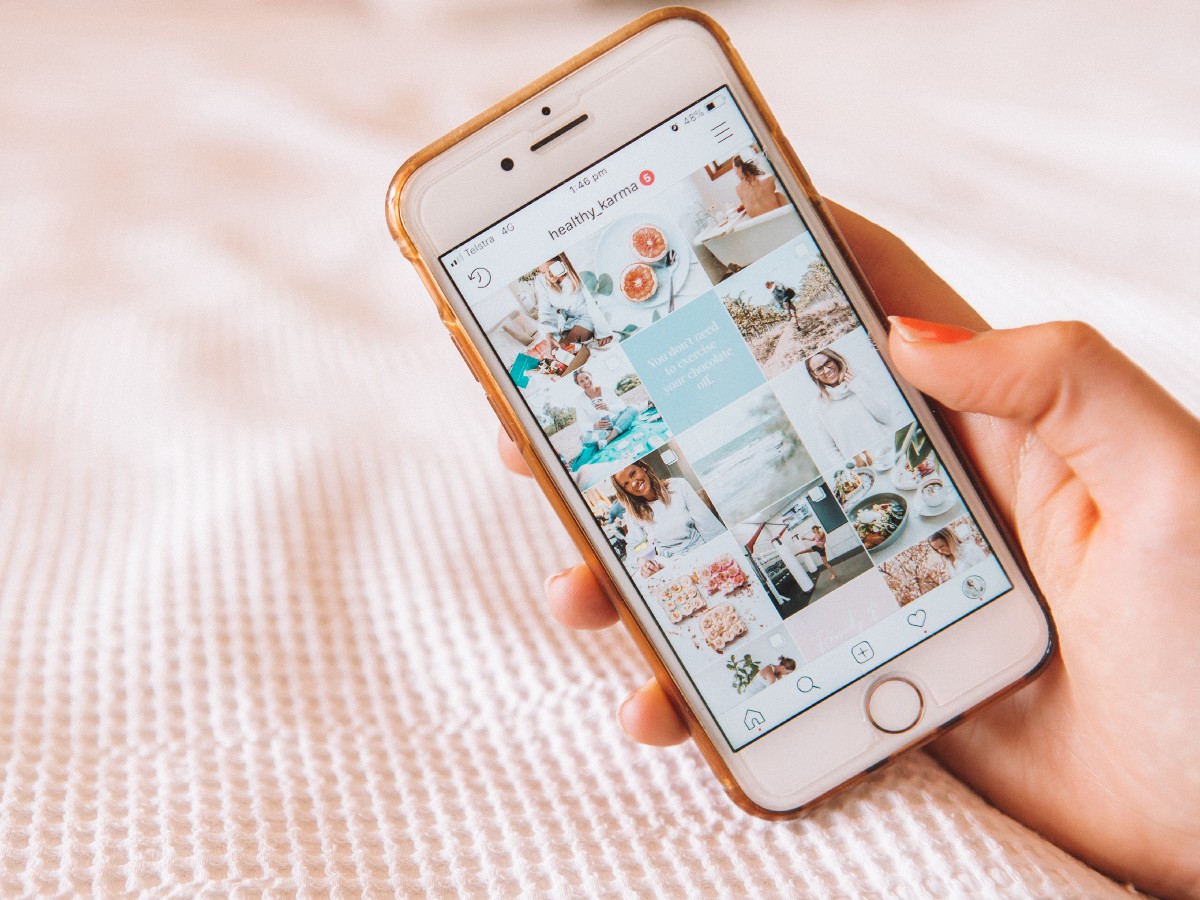Influencer marketing reimagines traditional B2B marketing

Influencer marketing has disrupted the communication landscape like never before. However, the mere mention of the term is eponymous with B2C marketing, wherein it generates instant outcomes.
It is not uncommon to see surging sales for an apparel brand after an influencer marketing campaign. Having witnessed massive success in B2C, marketers are now increasingly confident of replicating its success in the B2B realm. A typical buyer's journey has undergone a tectonic shift. Buyers are defining solutions to their problems and stating their expectations beforehand.
According to a CSO Insights' 'The Growing Buyer-Seller Gap: Results of the 2018 Buyer Preferences Study’, over 70% of buyers clearly define their needs before engaging with a vendor. Moreover, almost half of them have already zeroed in on a particular solution before choosing a vendor.
The success of the creator economy is rooted in the fact that referrals and recommendations are now playing a pivotal role in influencing purchase decisions more than ever due to the democratisation of the Internet and the proliferation of social media and owned platforms.
The latest survey by Matter Communications, an integrated marketing agency, has found that 61% of consumers are likely to trust recommendations from their friends, family members or favourite influencers for making a purchase. The higher value per order for B2B brands makes a strong case for engaging with influencers to establish clout and trust among their target audience.
Nevertheless, there is still a way to go for mainstreaming B2B influencer marketing and reaping its umpteen benefits.
Key challenges
Influencer engagement is often mistaken for advertising, wherein influencers get paid to promote a product or service. However, influencer relations form the building block of B2B marketing, akin to media relations in PR.
To work with influencers, you need to have a good connect and identify the win-win propositions for a long-lasting relationship. Influencers also believe in collaborating with brands they can relate to; and whose core values resonate with that of their target audience.
Another hurdle is to identify the right influencers for your brand. While the number of followers is a relevant metric, not all influencers with a massive following may be appropriate for your brand.
At the outset, it is critical to know your potential customers and map profiles of whom they trust. Also, remember that B2B buying, unlike B2C, is a protracted process. Hence, brands must clearly define their narrative beforehand to choose the right influencers.
Currently, the process of identifying influencers, needs to be revised. Technology can play an instrumental role in mapping influencer conversations online. It can be an excellent enabler for influencing outcomes by driving efficiency and quality.
The way forward
Human touch forms the core of any marketing campaign, whether B2B or B2C. The key here is to drive the narrative of how your brand can solve a customer's problem. A mere standalone campaign can't bring a turnaround in the outcome. Patience and consistency are the keys.
The idea here is to invest in ongoing influencer relationships and activations that not only creates a strong recall, but also inspire more influencers to work with you. It is equally important not to go by merely scale and volume. Bombarding your audience with content might backfire; instead, try building a genuine connection with them.
Last, assess if you are measuring 'influence' correctly. Influence is also subjective and, hence, over-dependence on the metrics of influencer marketing platforms may not necessarily measure the accurate RoI.
Reference can be a helpful metric here. It has two equal parts. First, it measures the frequency of media mentions of the individual via articles, social media, blog posts, etc. Second, it measures the frequency of the influencer mention by your target audience. Using such influencer analytics can inform and modify your content strategy. Last, amplify your content in various formats.
Marketers are yet to harness the power of influencer marketing in B2B. Once utilised to its fullest potential, it can open a vast gamut of opportunities for brands and revolutionise outcomes.
